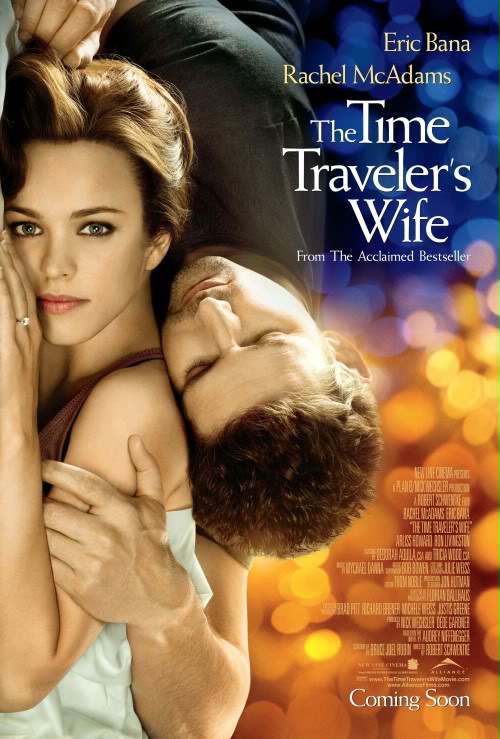The parts of our world which we choose to assimilate into our film culture tell us a great deal about how our minds work. Many of our movies are pre-occupied with love, because for the most part so are we. Technology crops up again and again, and ever more so, from Orson Wells to Terminator 2, revealing our continuing obsession with (and grim fascination for) the subject.
This rule doesn’t just apply to broad themes, but quite specific units of culture too – fast cars, dingy bars and sports stars, for example. One seemingly innocuous but actually quite interesting part of life’s rich tapestry that appears again and again in films and TV series is lotteries. From Lost to Waking Ned, time and time again we see lottery games, lottery tickets and perhaps most significantly, lottery wins taking place on-screen. But why?
Wish Fulfilment
For a lot of viewers, going to see a movie is all about living out the emotions of and enjoying something which they don’t currently have in their own life. If you’ll permit us a little outrageous stereotyping, this is one of the reasons why so many single women flock to rom coms in their droves (which they really do, statistically speaking) and is also why men of a certain age are often drawn to James Bond flicks, where secret agent 007 effectively lives out a certain kind of masculine fantasy. Perhaps we see so many characters winning the lottery in films as a means of wish fulfilment – as a small kind of pay-off for all those times we’ve kept our fingers crossed to no avail.
Narrative and Reality
The reality of lottery games is significantly more varied than the ‘pick six numbers’ mentality which a number of players still retain, as evidenced by the array you’ll find available from most lottery providers including the UK’s National Lotto and Coral – have a look on the site now and you’ll see what we mean. Nevertheless, lotteries in films often appear in that classic line of six numbers form.
And it’s not only the form which lotteries take in films which can differ from modern reality, it’s also the ratio of lottery wins to losses. A frankly ludicrous proportion of those characters who play the lottery in films win when they do so (admittedly Eric Bana’s character in The Time Traveller’s Wife cheated, so we can rule him out of the equation.)
The reason for this is simple: a lottery win is the ultimate potted narrative device. Could it trigger a marked change in the character? Does it undermine any sense of reality which underpinned the plot so far? What remarkable plot developments will it go on to trigger? Script writers must be very grateful that there is such a thing as lotteries.

